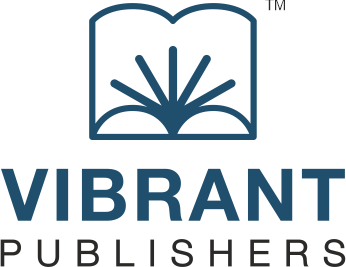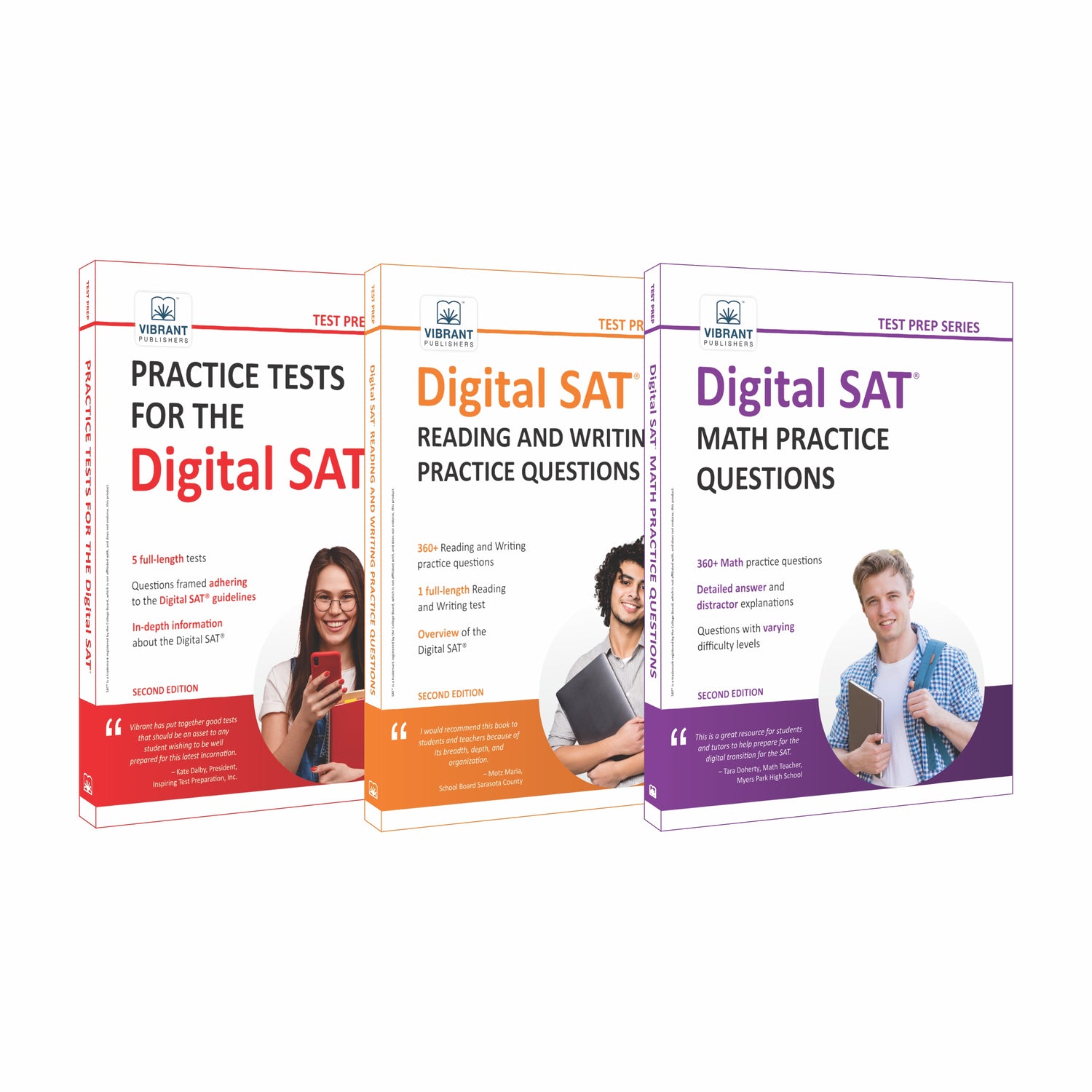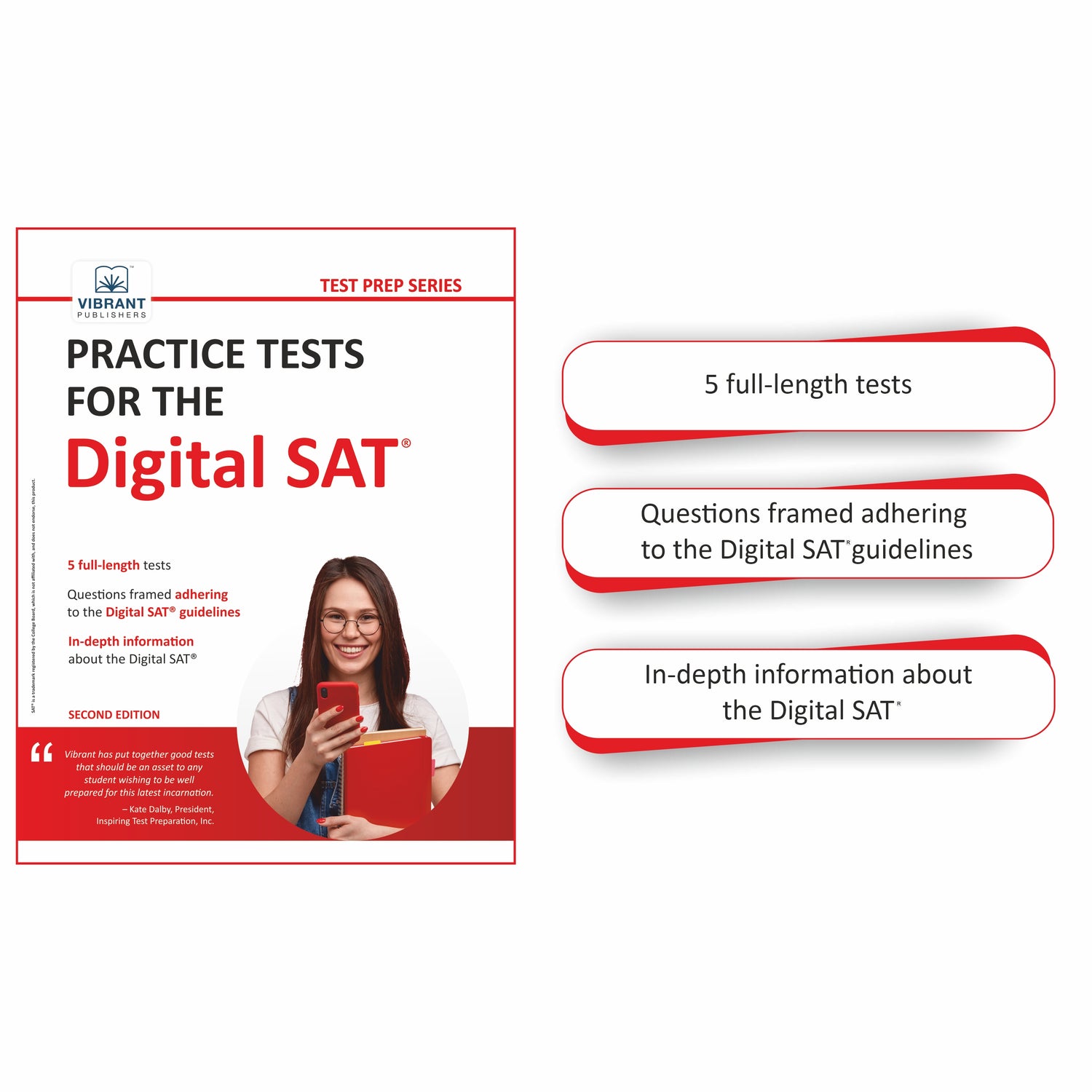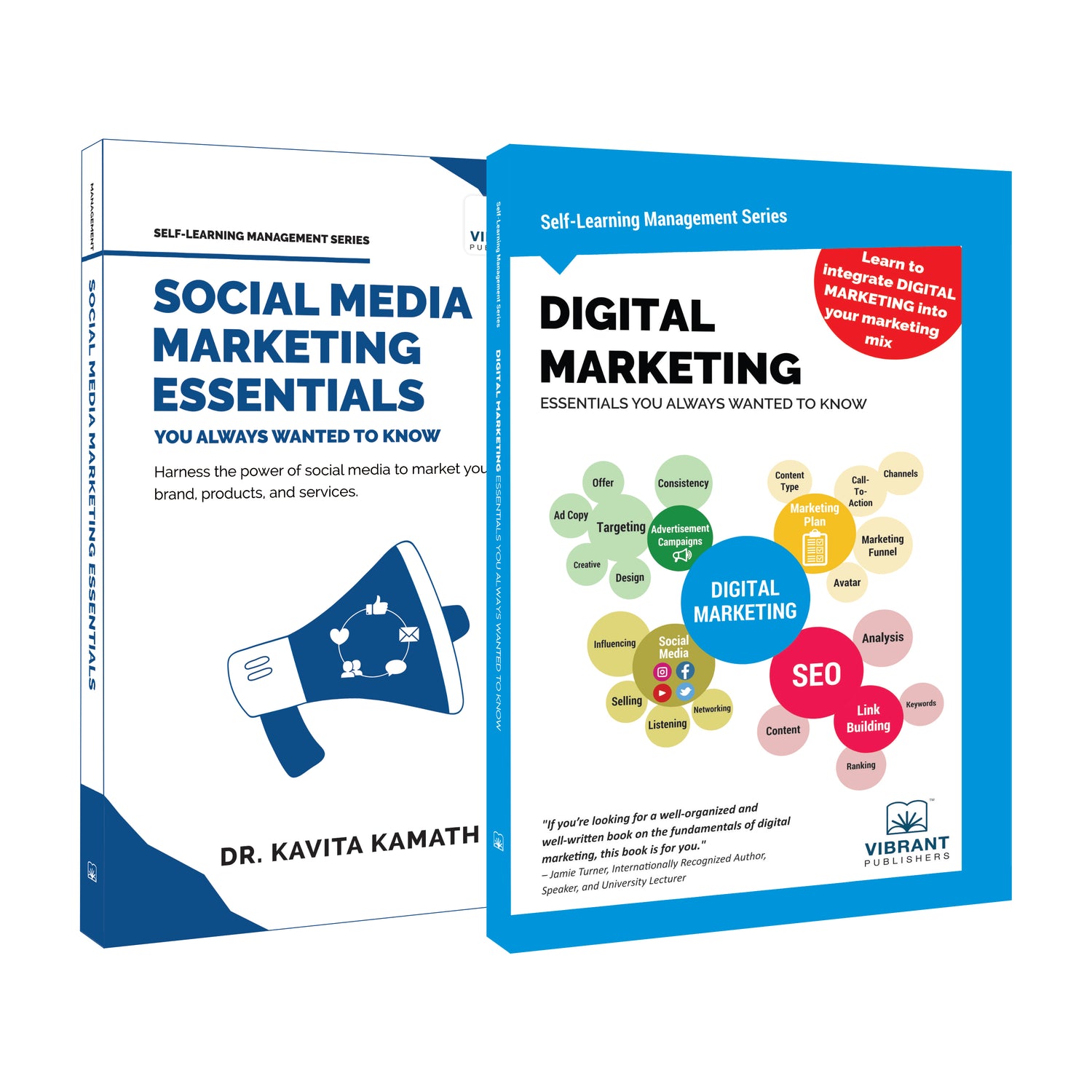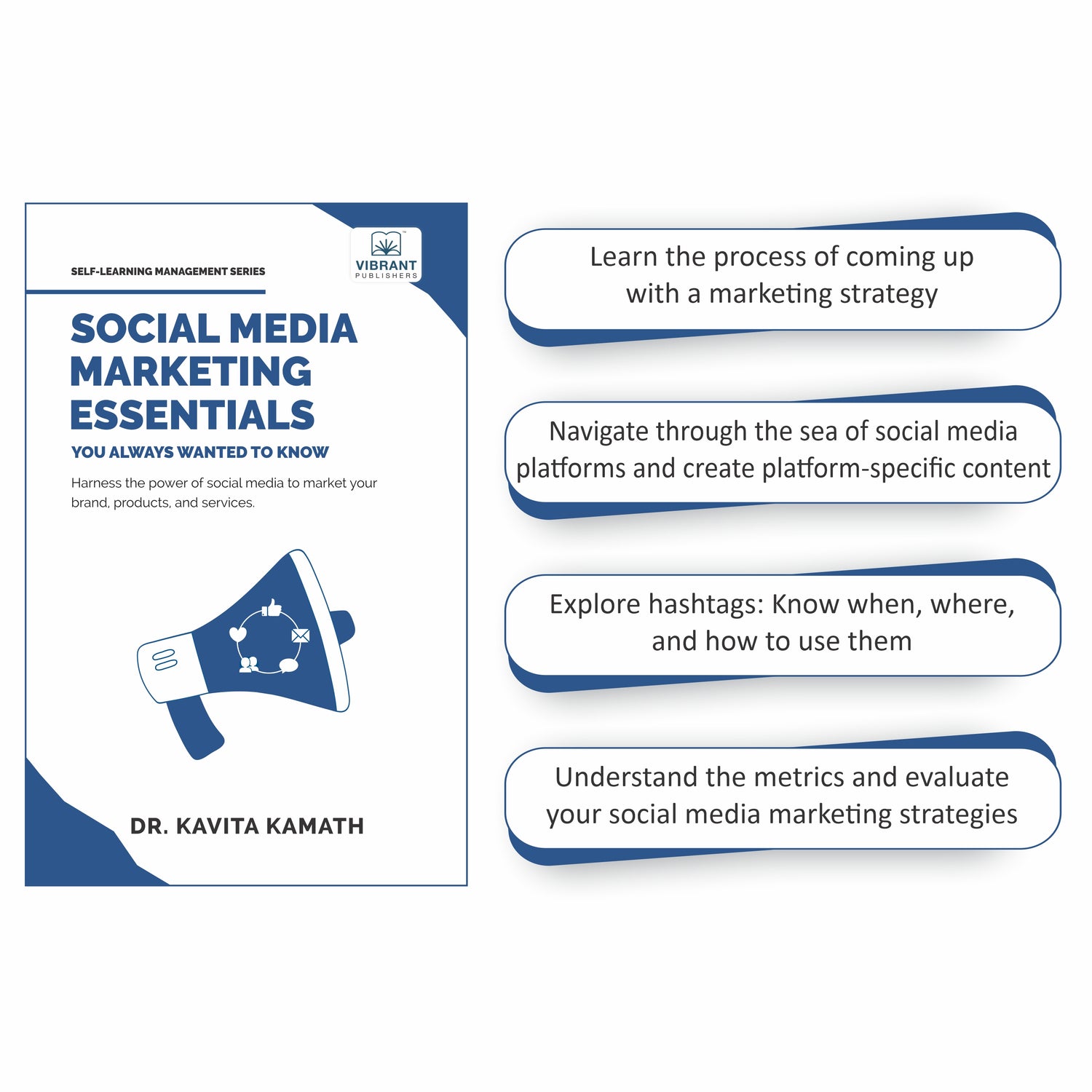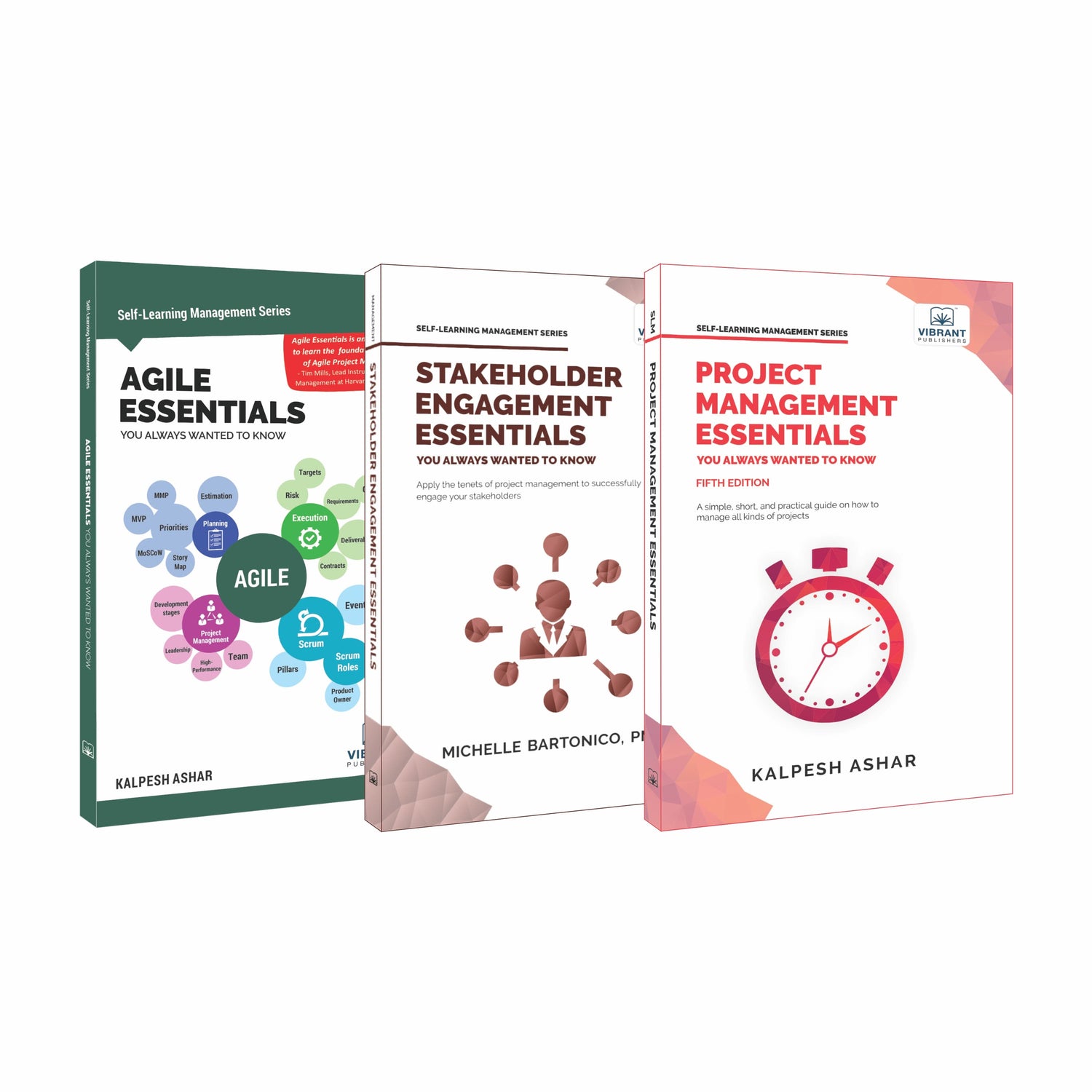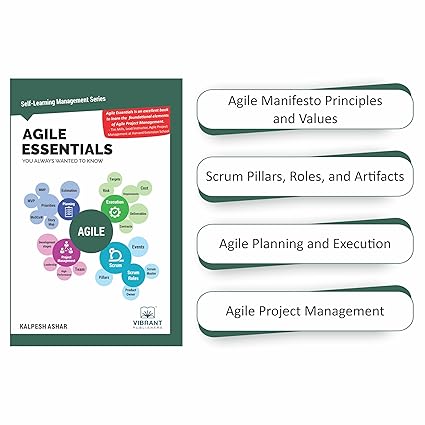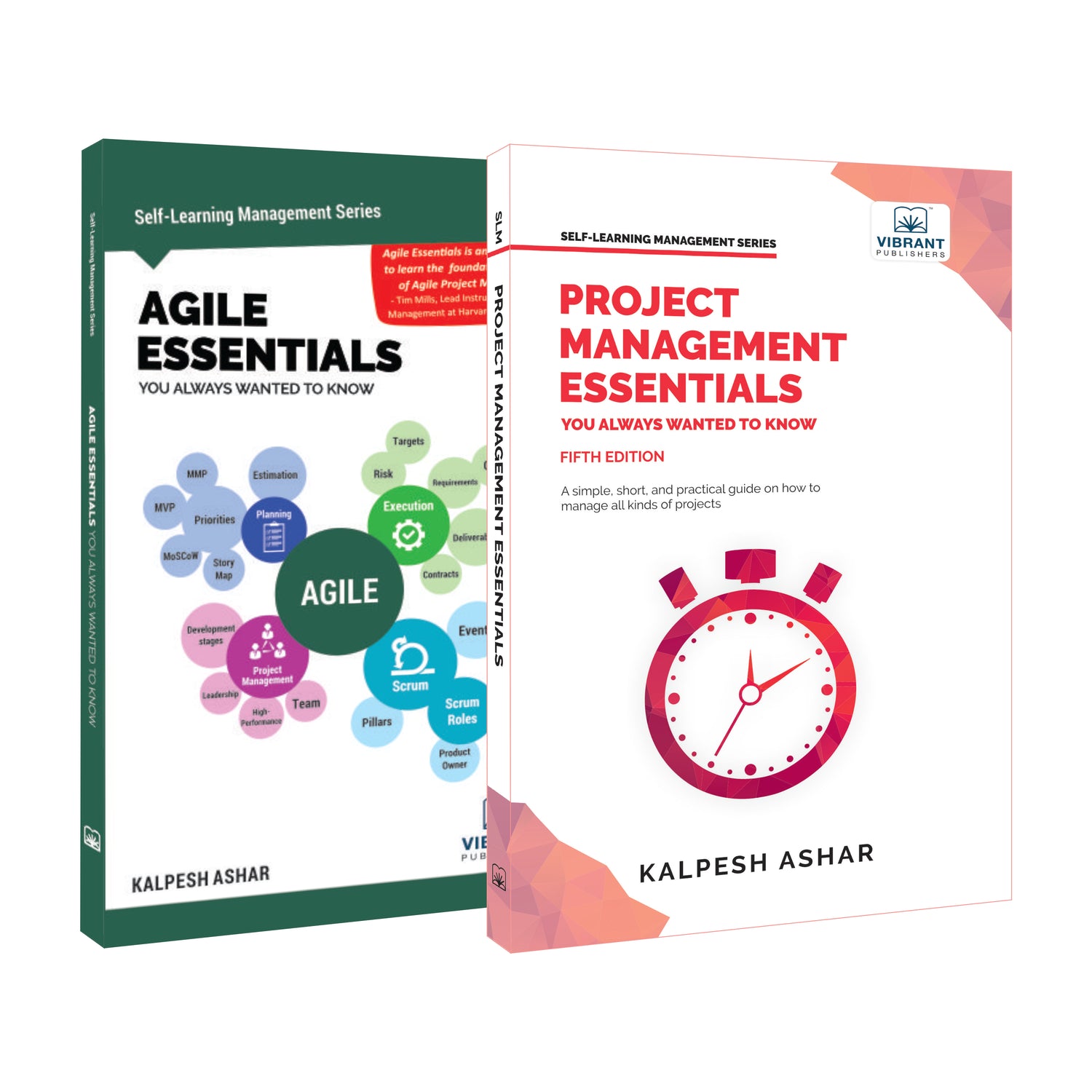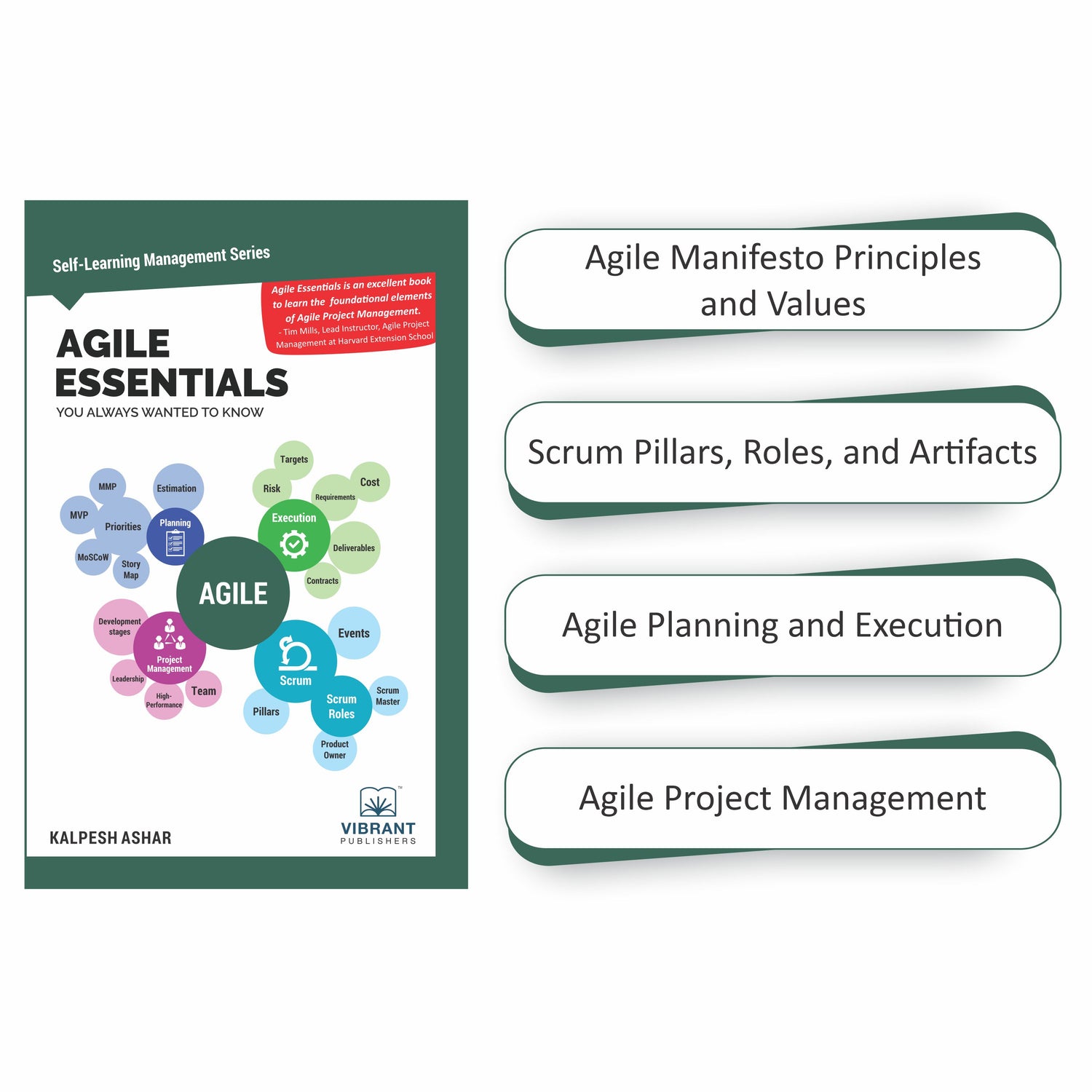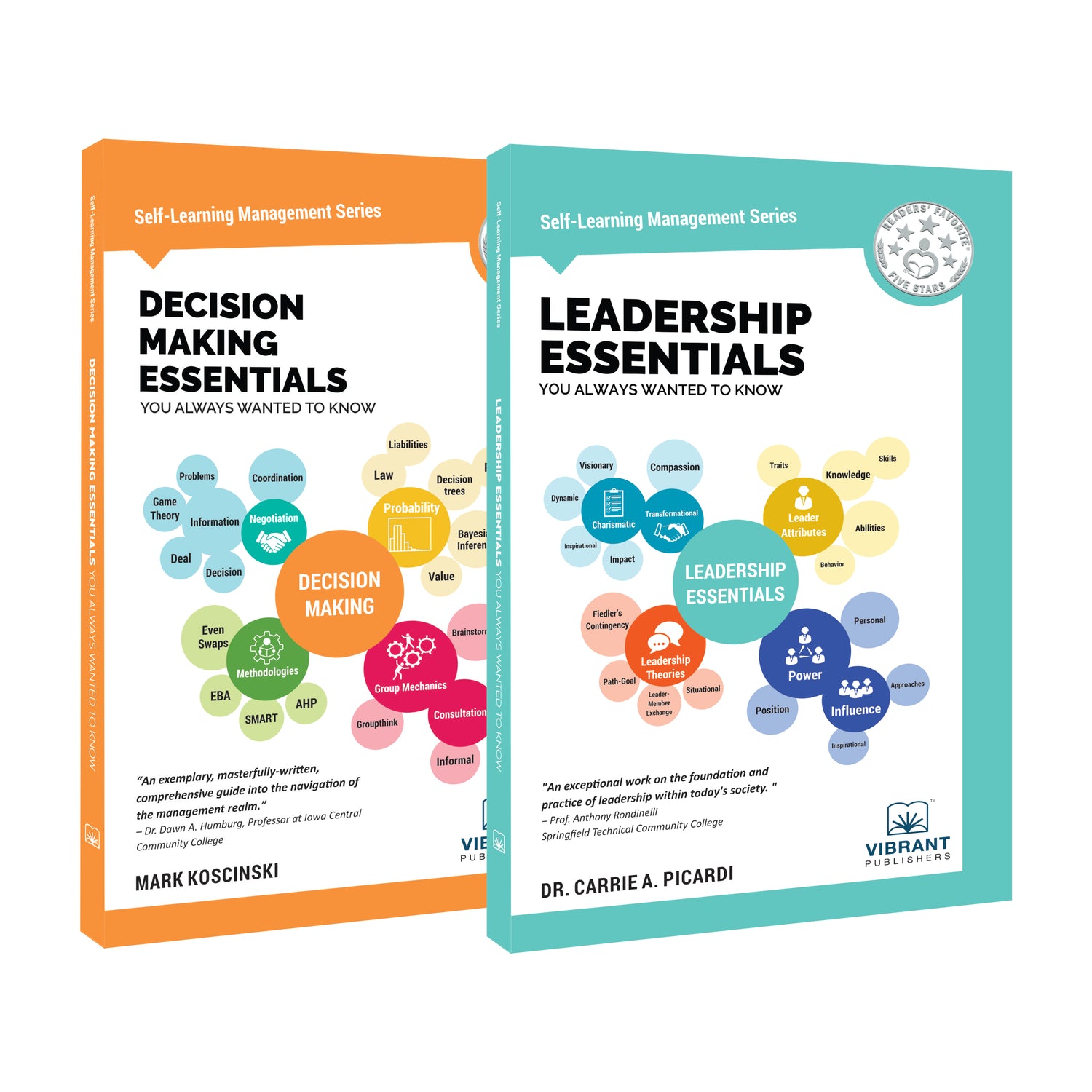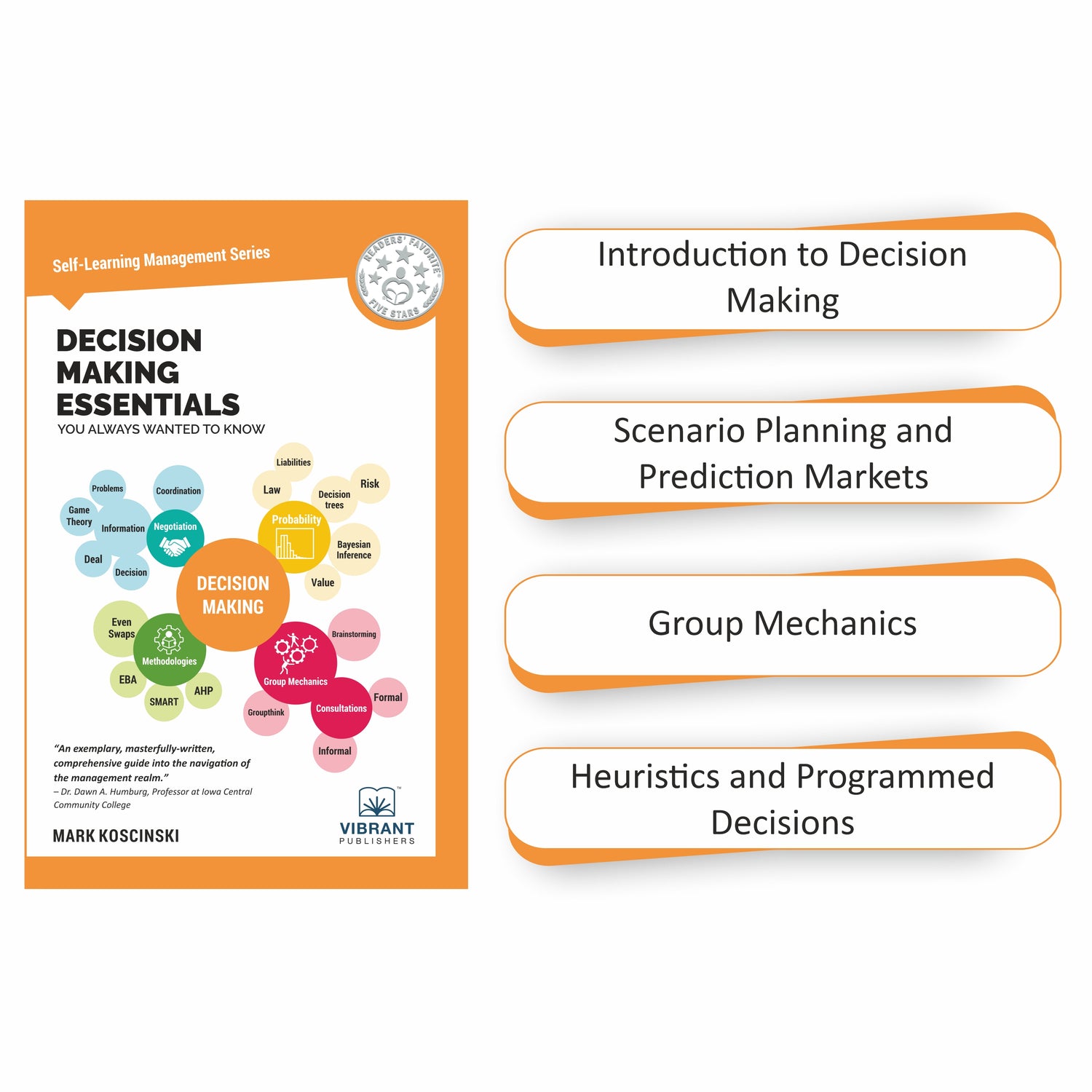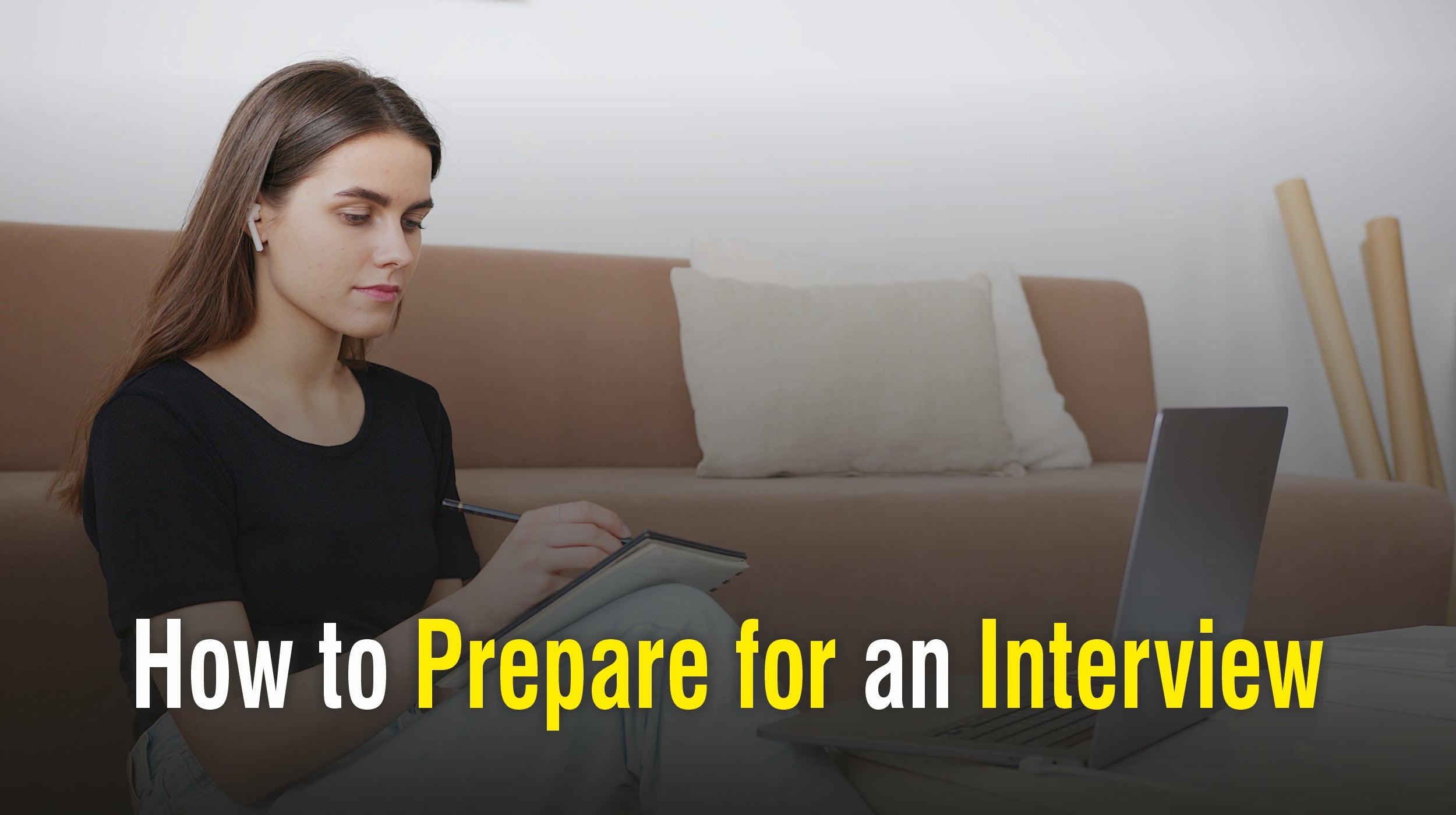
How to Prepare for an Interview
I have always dreaded being told, “ We’ll get back to you.”
Did they not like me?
How many more people are they going to meet for this profile?
Why did they even conduct the interview if they already have someone in mind for this profile?
All these questions ran through my mind whenever an interview ended on this note.
On the other hand, when I am told that I will have to attend another round on a particular day or asked to wait back, I know that something positive is coming my way.
Everyone needs help in acing a job interview. The uncertain economic conditions, downsizing due to automation and the need to move up the job ladder make the interview even more crucial. A good prep before the interview will help to avoid the interview day nightmares. Most successful people prepare for a job interview even before they get an actual call.

The Job Interview Questions series by Vibrant Publishers provides accurate and authoritative information on the questions that you will be asked in an interview. A quick reading of these books will help you crack your interview.
Rather than going through big fat college reference books, the Job Interview Questions Series gives you all the information that you need in a question-answer format for the specific technology area that you are applying e.g. Oracle, Python, SAP, SAS, SQL, UNIX or Software Testing.
General HR questions are also covered in the books so all aspects of your interview are taken care of. Real-Life scenario-based examples will give a case study touch to your conceptual base. These books are concise and well written and will give you a great idea about your strengths as well as the level of preparation.
These can be ordered online here or you can pick them up at your nearest bookstore.
Try and relate specific work examples to what you are reading in the book. It will help you grasp the topic quickly.
During the technical interview, make sure you clear your doubts and assumptions with the interviewer. It is okay to think aloud when you are trying to arrive at a solution. It gives the interviewer an insight in the way you think. It is important to remember that the interviewer may be more interested in your approach and thought process rather than the actual answer.
At the end of it all, make sure that the questions don’t get to you and keep in mind that making eye contact and a firm handshake with the interviewers is the last impression that you make before exiting the room.
Did they not like me?
How many more people are they going to meet for this profile?
Why did they even conduct the interview if they already have someone in mind for this profile?
All these questions ran through my mind whenever an interview ended on this note.
On the other hand, when I am told that I will have to attend another round on a particular day or asked to wait back, I know that something positive is coming my way.
Everyone needs help in acing a job interview. The uncertain economic conditions, downsizing due to automation and the need to move up the job ladder make the interview even more crucial. A good prep before the interview will help to avoid the interview day nightmares. Most successful people prepare for a job interview even before they get an actual call.
So how does one prepare for an interview?
The first and the most important thing that you should do is go through the company website and understand the job description that you are applying for.
Interviews generally have two types of questions – behavioral and technical, especially if you are applying for jobs in the technology industry.
For the behavioral questions, keep a list of your past work experiences and skills handy. You can talk about how you worked with your team to deliver on a project which had deadlines that looked impossible to begin with. These questions help the company understand your work style and abilities. It is okay to ask questions during the interview if you have genuine queries about the organization or the profile. It shows that you have taken time out to prepare for the interview.
The next important part that you have to tackle are the technical questions. You may be applying for a senior manager or a team leader profile in an area where you are already working like SAS or Android. Or you may want to shift to a newer technology platform. The interviewer here wants to assess your knowledge, ability to think laterally, problem-solving strategies and get a sense of your industry knowledge.
You have studied these subjects in college as well as worked in the area for a couple of years but there will be a lot of new trends which may be out of your purview of work.
How do you quickly brush up the entire subject in a short time?
There is a lot of material available online. But how much of it is relevant, written by subject matter experts or reviewed by industry professionals? Also how easily can you get access to all of it in one go without wasting much time?The Job Interview Questions series by Vibrant Publishers provides accurate and authoritative information on the questions that you will be asked in an interview. A quick reading of these books will help you crack your interview.
Rather than going through big fat college reference books, the Job Interview Questions Series gives you all the information that you need in a question-answer format for the specific technology area that you are applying e.g. Oracle, Python, SAP, SAS, SQL, UNIX or Software Testing.
General HR questions are also covered in the books so all aspects of your interview are taken care of. Real-Life scenario-based examples will give a case study touch to your conceptual base. These books are concise and well written and will give you a great idea about your strengths as well as the level of preparation.
These can be ordered online here or you can pick them up at your nearest bookstore.
Try and relate specific work examples to what you are reading in the book. It will help you grasp the topic quickly.
During the technical interview, make sure you clear your doubts and assumptions with the interviewer. It is okay to think aloud when you are trying to arrive at a solution. It gives the interviewer an insight in the way you think. It is important to remember that the interviewer may be more interested in your approach and thought process rather than the actual answer.
At the end of it all, make sure that the questions don’t get to you and keep in mind that making eye contact and a firm handshake with the interviewers is the last impression that you make before exiting the room.
Share
